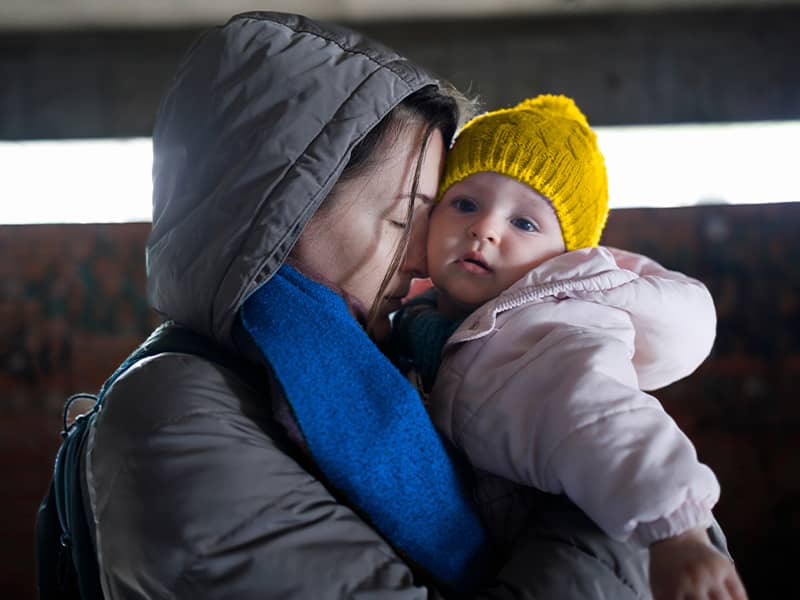The decision to keep the policy sparked nonviolent protests, resulting in 50 arrests. Opponents promised to continue to openly challenge the ban by irregularly ordaining gay pastors.
Delegates voted 596-409 to direct the church to "create a specific plan and timeline" on how to finally decide whether noncelibate homosexuals should be ordained. The vote reflected an ongoing reluctance by the nation's fifth-largest Protestant church to make wholesale changes on gay policy until there is a more visible consensus between progressives and conservatives.
Monday's vote leaves intact an 11-year-old church policy that says, "Ordained ministers who are homosexual in their self-understanding are expected to abstain from homosexual sexual relationships."
Bishop Donald J. McCoid of Pittsburgh, chairman of the ELCA's Conference of Bishops, said the decision was an acceptable compromise that does not presuppose any kind of outcome or final decision.
"We need to get beyond the immediacy and emotionalism of the moment," said McCoid, who added that the church is not united enough to have made a more definitive stance.
Before they approved the creation of a timeline, delegates rejected language that would have directed church leaders to take "whatever steps are necessary" to remove the ban. Some delegates said it would be premature to change the policy before discussions had even started.
In a separate action, delegates voted 899-115 to approve a "churchwide study on homosexuality" to study such issues as ordination and blessing same-sex unions. A final report and "action steps" will be issued at the ELCA's 2005 meeting.
Some delegates said the church should look to Jesus, not society or science, for guidance. "He said nothing about different sexual orientations not being accepted into the church," said lay member Y.T. Chiu Jr. of the Northeastern Ohio Synod. "What would Jesus do? He showed us acceptance again and again."
Others said the church simply isn't ready to welcome gays in the pulpit. Kevin Boatright, board chairman of the ELCA's Division for Ministry, said the current policy "remains a good and useful middle ground for this church at this time. It is a practical, pragmatic compromise. There is no consensus yet."
Throughout the biennial Churchwide Assembly meeting here, members of an ecumenical pro-gay group, Soulforce, maintained silent vigils outside the convention center protesting the ban. They were joined by a small but vocal faction of anti-gay activists led by the Rev. Fred Phelps.
Nearly 100 protesters gathered in a rally outside the convention center and 50 people blocked a sidewalk and refused to move. Arrestees faced a $100 fine and citation for failure to obey an officer. Soulforce founder Mel White accused the ELCA of perpetuating "spiritual violence."
The move to lift the ban was brought by Anita Hill, a lesbian pastor in St. Paul, Minn., who was ordained last April in open violation of church rules. One bishop who presided at that ordination, Paul Egertson of Los Angeles, resigned his office because of his participation. He and his family were among those arrested.
The Rev. Mark Hanson, the St. Paul bishop who put the church that ordained Hill under public censure for her ordination, was elected as the church's presiding bishop on Saturday. He is widely seen as sympathetic to gays and lesbians, although he has vowed to uphold policies adopted by the church.
"We have got to find a way to live together at a time when we do not agree on this issue," he said.
Hanson also said he wants to consider the idea of possibly allowing gay clergy to serve in particular churches in a limited manner. "I want to have that conversation," he said.
Among mainline Protestant churches, only the United Church of Christ officially allows noncelibate gay clergy. In June, the Presbyterian Church (USA) voted to remove its ban on gay clergy, but that measure still needs to be approved by a majority of regional governing bodies.

